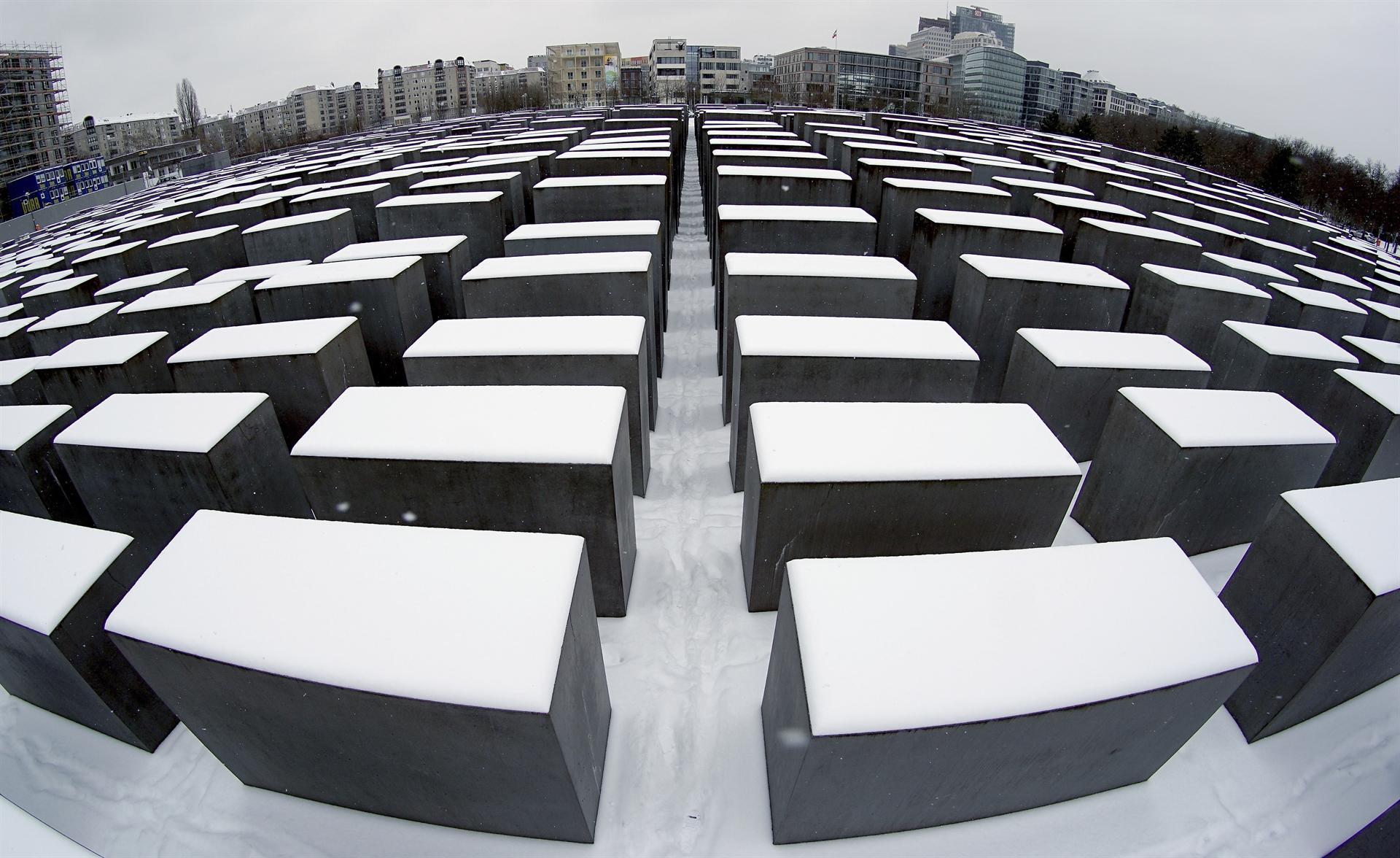
A Polish court on Feb. 9 ordered two leading Holocaust historians to apologize to the descendant of a village mayor they said may have been implicated in a massacre of Jews.
But Warsaw judge Ewa Konczyk said Barbara Engelking, chair of Poland’s International Auschwitz Council, and Jan Grabowski from the University of Ottawa will not have to pay a fine.
The defamation trial has raised questions about the freedom to research Poland’s World War II past and has prompted international outrage including from the Yad Vashem Holocaust memorial.
The researchers co-edited a book titled "Night Without End" that documented several cases of complicity of Catholic Poles in the genocide of Jews during the Nazi German occupation.
"I respect the judge’s decision but I have trouble accepting it. I hope that our reasons will be taken into account in our appeal," Grabowski was quoted by Poland’s Gazeta Wyborcza daily as saying.
Engelking had said earlier that the case was "very dangerous for freedom of speech".
The case was brought by the niece of Edward Malinowski, who was mayor of the village of Malinowo in northeast Poland during the war.
In a short passage, the book mentioned that the mayor may have been implicated in the local massacre of 22 Jews by German soldiers.
The judge said the historians’ claim was "inaccurate" but rejected the demand for 22,000 euros ($27,000) in compensation for the niece, Filomena Leszczynska.
The descendant’s legal case was supported by a Warsaw-based organization called the Anti-Defamation League that sets out to defend "Poland’s good name".
The group is in no way related to the U.S.-based organization of the same name, which fights anti-Semitism.
World Jewish Congress President Ronald S. Lauder expressed "dismay" over Tuesday’s verdict in what he described as a "misguided libel case".
"It is simply unacceptable that historians should be afraid of citing credible testimony of Holocaust survivors," he said in an emailed statement.
Lauder was echoed by Gideon Taylor, president of the Jewish Claims Conference, who said via email that the ruling "damages an open and honest coming to terms with the past."
In a statement ahead of the verdict, Yad Vashem said the charges against the historians "amount to an attack on the effort to achieve a full and balanced picture of the history of the Holocaust".
The story highlights the complexity of relations between Polish Catholics and Jews during the war and the confusion of a period in which the same person could both protect Jews and turn them over to authorities.
Poland’s troubled past continues to be highly politically sensitive.
In 2018, the Polish government adopted a law banning the mention of any responsibility of the Polish nation or state in crimes committed by Nazi Germany on Polish soil.
The law carried a three-year prison sentence, which was later dropped after an international outcry.
Six million Poles, including three million Jews, perished between 1939 and 1945 during Nazi occupation.